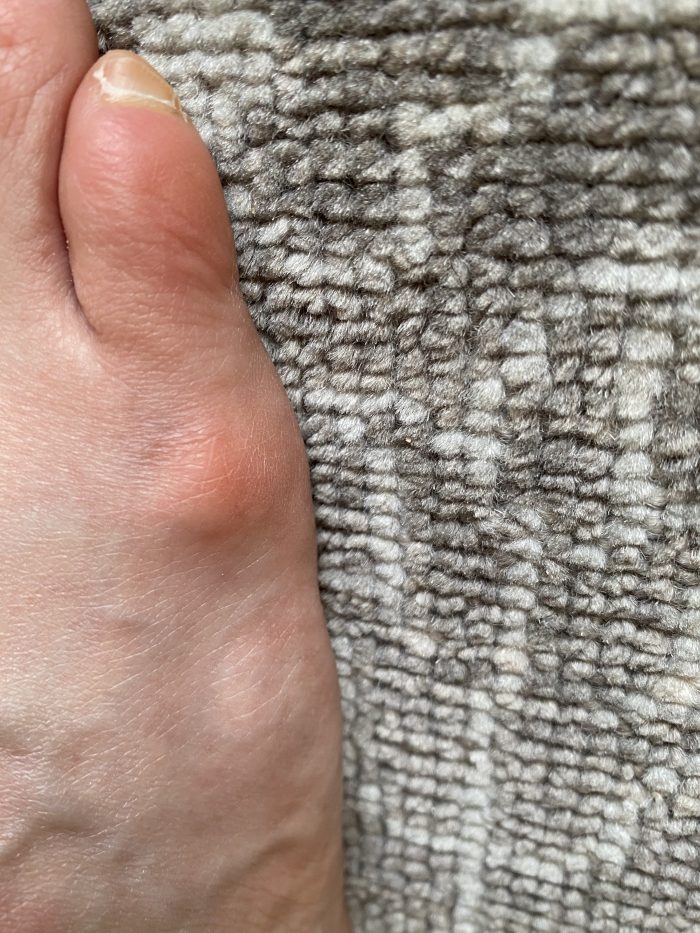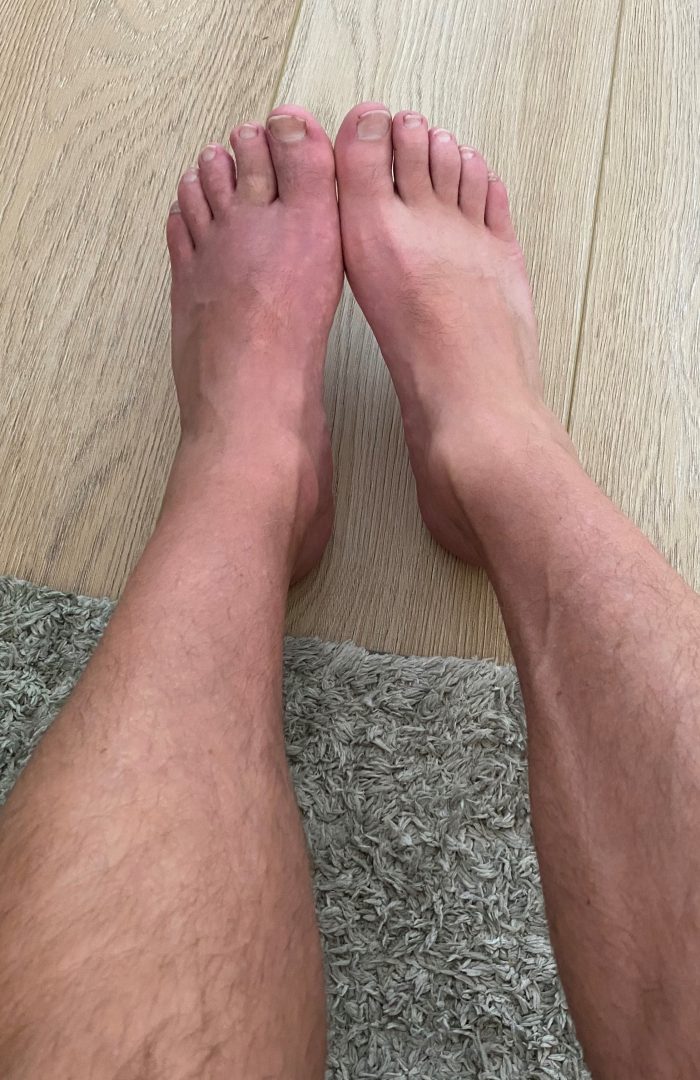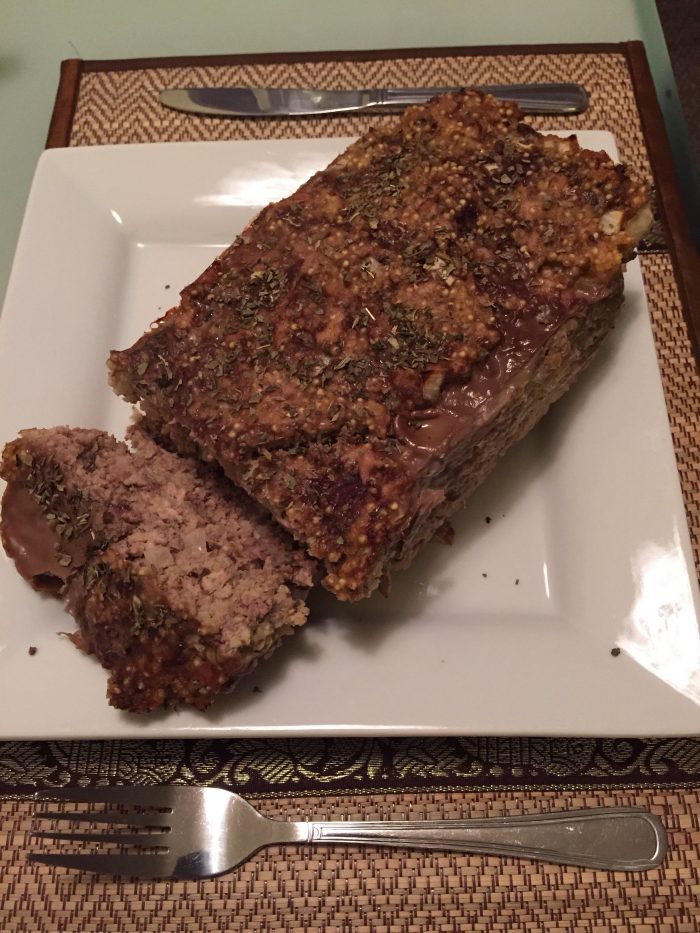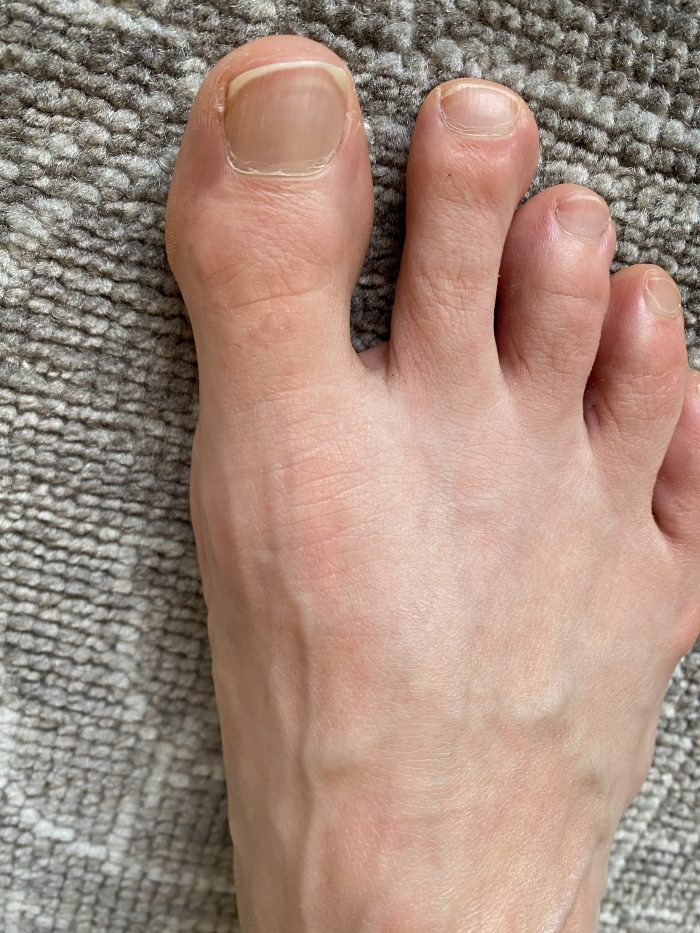What is Gout? What Are The Symptoms? How To Reduce Flares Up?

Gout is a type of arthritis that can affect anyone but mostly men. Women are most likely to get gout after menopause. It is characterized by a sudden, severe attack of pain, redness, swelling, stiffness and tenderness usually at the big toe or other joints of the foot, ankles, hands, elbows, wrists and fingers.
An attack of gout can happen in the middle of the night. Suddenly, you feel your big toe on fire, hot and swollen. Even the weight of bed sheet is uncomfortable! It can last for a few hours to a few days, until the immune system shuts down the inflammation.

My grandpa had it and now my father has it. My father says that he gets it maybe once per year; suddenly, without any sign, it just flares up. Gout is usually caused by a combination of genetic and environmental factors such as hyperuricemia (where the body accumulates too much uric acid). If your parents have gout, then you have a 20% chance of developing it.
It is related to an abnormal amount of urate in the blood. Urate crystals can be formed if you have high levels of uric acid in your blood. The acid triggers an inflammation response from the immune system and creates intense pain at a joint. The uric acid passes through your kidneys and gets eliminated in your urine.
Many people with gout usually have other medical conditions such as high blood pressure, kidney disease, obesity, diabetes, metabolic syndrome, heart disease, or history of stroke. Certain medications can also increase the level of uric acid in the blood.
To reduce your uric acid in your blood, eliminate purine-rich foods. To avoid a gout attack, stay away from:
- Red meat
- Organ meat (liver, brains and kidneys)
- Protein from animal sources
- Anchovies
- Sardines
- Mussels
- Scallops
- Tuna
- Trout
- Gravy
- Sugary drinks containing fructose
- Alcohol such as beer

Other factors can create a gout attack:
- Family history of gout.
- Water pills (diuretics).
- Low thyroid hormone levels.
- Lead exposure.

What should you do if you have a gout attack? You can manage your symptoms by:
- Avoiding the food list and beverages listed above.
- Drinking plenty of water.
- Elevating your affected joint.
- Putting ice on the affected joint.
- Limiting any unnecessary stress on the joint.
After sending this blog to my members, two of them have come back to me regarding another simple treatment that helps with gout: drink 1 oz of black cherry juice! Give it a try!
If you have too many gout attacks, don’t hesitate to contact your health care provider. Medications can reduce uric acid levels in your blood and consequently reduce your gout attacks. In some cases, gout can develop into more severe conditions, including kidney stones.
